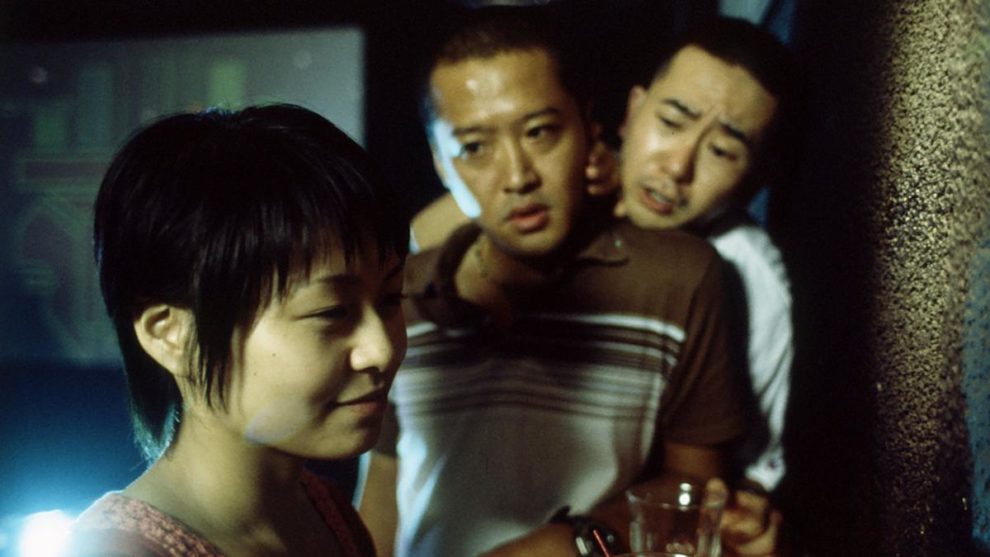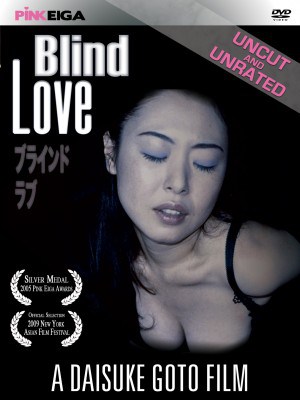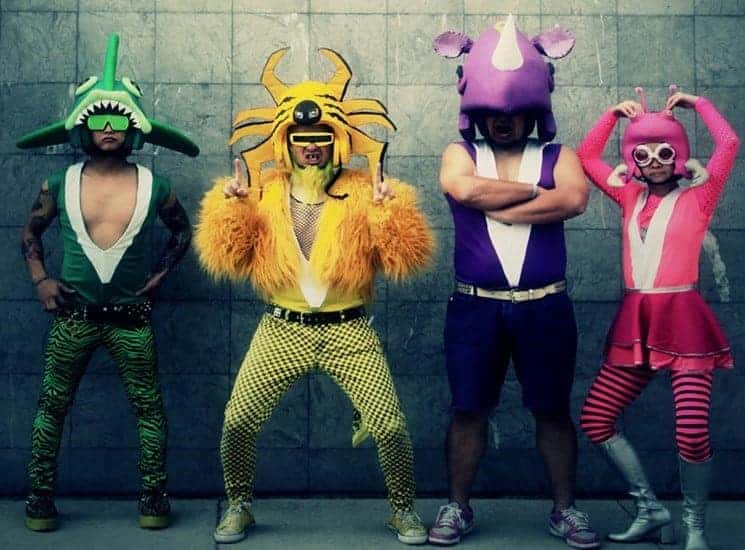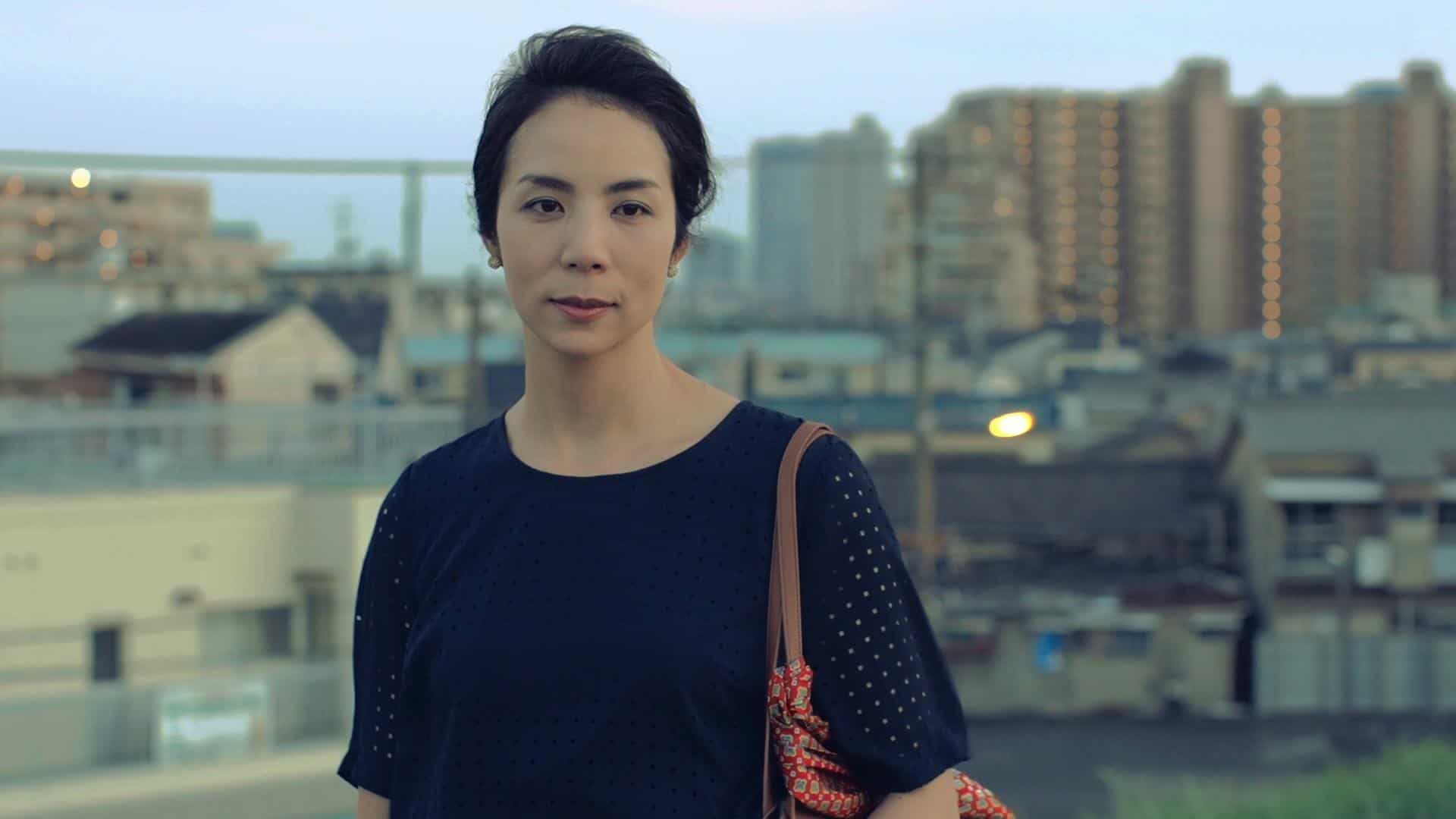Daisuke Goto is one of the contemporary masters of the pink film, particularly through his involvement in productions like “A Lonely Cow Weeps at Dawn” (director) and “The Muse” (script-writer) and the plethora of Pink Film Awards he was won through both capacities. “Blind Love” is another testament to his prowess, while it is currently also available from The British Film Institute's BFI Player.
By Using the code AMPFriend, you get a 25% price-off on all products of the website including subscription
The story revolves around a divorced ventriloquist, Daisuke, whose life is in shambles, as exhibited in the first scenes of the film, where he has sex with his ex-wife but is forced to pay, and by the way his profession seems to have very little appeal to audiences anymore. Daisuke works in a small club of shorts, run by his only and best friend, Yoichi, who also hosts a comedic duo who seem to have their own set of problems. During a public performance, Hikari, a blind girl, listens to his performance, and falls in love with his voice, even starting to pursue him to date. Daisuke is quite scared about the date, particularly because he carries a complex about his height, and invites Yoichi, but in a rather strange succession of events, he ends up being just the voice and Yoichi the one Hikari has any kind of physical interaction, in a concept that shares many similarities with Kim Ki-duk's “3-Iron”.
To his utter despair, his friend and Hikari end up having sex, while it is soon revealed that Yoichi is not exactly the friend he thought he was. Despite his initial failure, Daisuke insists with Hikari, but even more problems arise. Furthermore, a rather strange persona, who is firstly introduced in the film by paying a prostitute to recreate a scene of train molestation, plays critical role in the way the story unfolds.

Daisuke Goto pens and directs a narrative whose base is quite interesting, with the whole interaction between the blind girl and the ventriloquist being intriguing from the get-go. Furthermore, the presence of Yoichi, and the ways his involvement ends up with a rather sad for Daisuke trio is also impactful, in probably the most entertaining part of the film, particularly through the ways the two strive to appear as one man. At the same time, through this triangle, Goto makes a number of comments, regarding the ways lies can affect a relationship and the concept of friendship, which, in this case, is presented in the blackest colors.
The way the strange man functions in the film is also very interesting, particularly since his actions make him appear as the embodiment of punishment for the protagonists, due to his deeds, which at least two of them, and particularly the final one, are rather shocking.
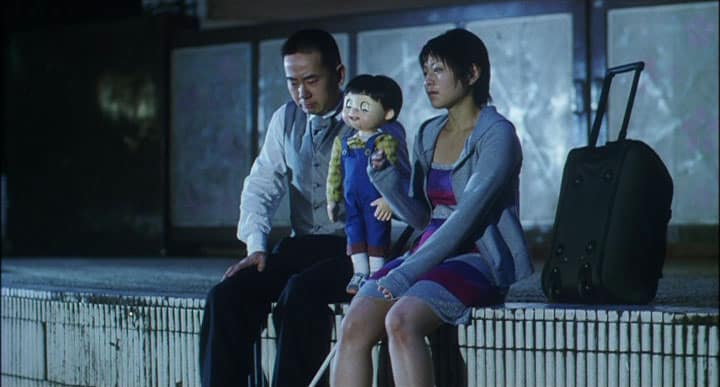
Goto also uses the overall story in order to make a number of social comments. The infamous concept of the “molester train” is one of the most obvious, but the film also deals with how vulnerable blind women must feel, a comment that finds its apogee in the elevator scene. Goto also comments on the ways show business has changed, leaving professions like the ventriloquist and people who get old behind, with the last comment deriving from the comedic duo (which are played by Yutaka Ikejima and Horyu Nakamura).
Through these elements, the film is induced with a rather dramatic approach, which is actually not toned down at all by neither the whimsical characters and events nor the many sex scenes, most of which feature Yota Kawase as Yoichi, with him giving another great performance in a film of the category.

Shota Kotaki is also quite good in the role of the loser ventriloquist, with the scene where he watches his best friend having sex with the woman he wants being the highlight of his performance. Konatsu as Hikari plays the blind girl convincingly, even if her behaviour seems a bit illogical at times. At the same time, the sex scenes benefit the most by her overall appearance, with the film in general being quite steamy and including varying erotic scenes with a number of women, with Rio Mochizuki, who plays Daisuke's ex-wife, being also quite sensual and the same applying to Riko Morita who plays the “reenacting” prostitute. Cinematographer Masahide Iioka does a great job in those, with his artfulness extending to the rest of his framing, and particularly a number of panning shots that showcase the level of his work.
“Blind Love” is an excellent film that combines comedy and drama in the best fashion, through an unusual but very intriguing love story, that could very well work completely outside the concept of the pink film .


